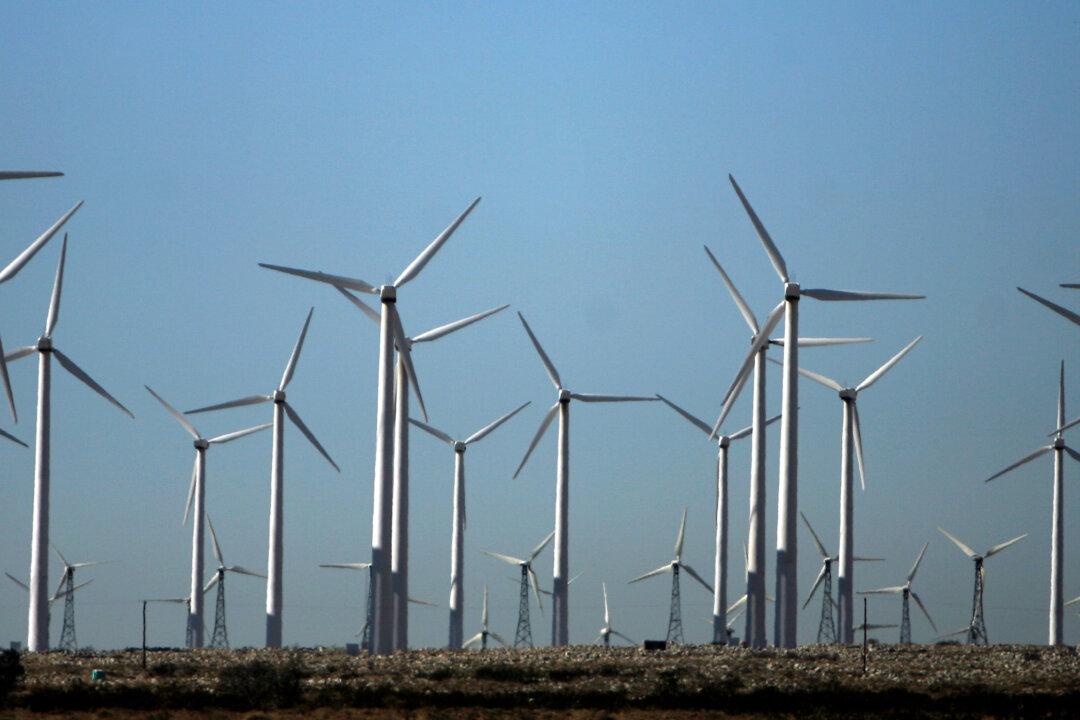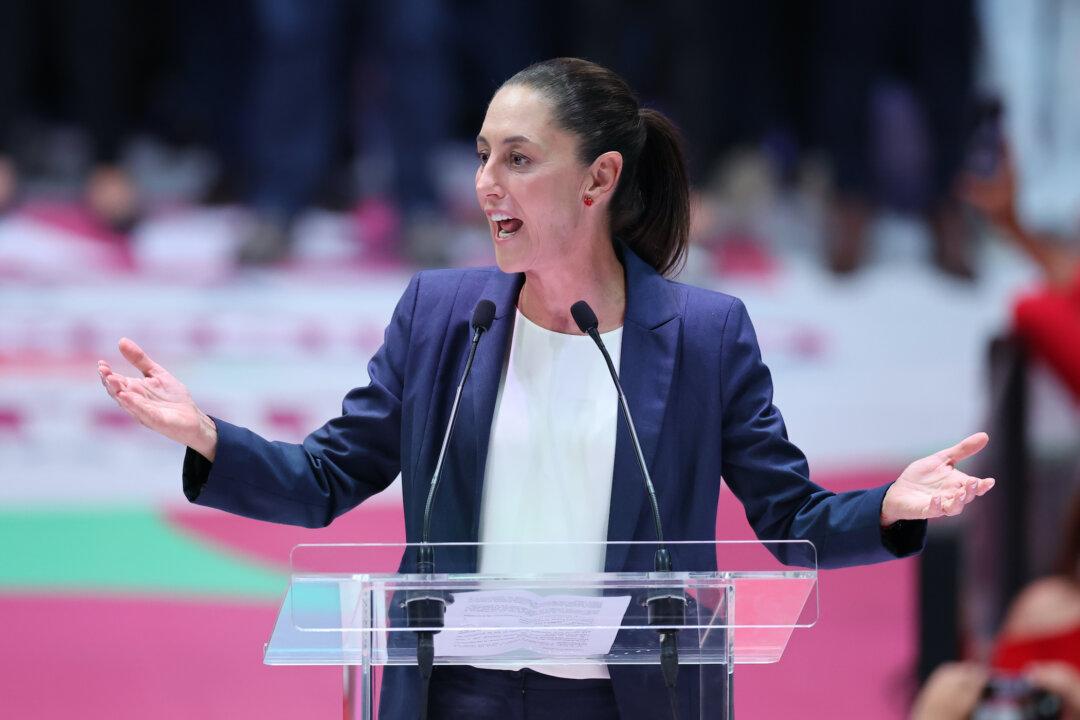Commentary
Events like the recent YouTube Town Hall held by state Sen. Josh Becker (D-San Mateo) for his constituents can be very revealing regarding climate change goals in California. It addressed the Glasgow Climate Summit, called COP-26, which he attended. He represents part of Silicon Valley and is vice chair of the Joint Legislative Committee on Climate Change.





